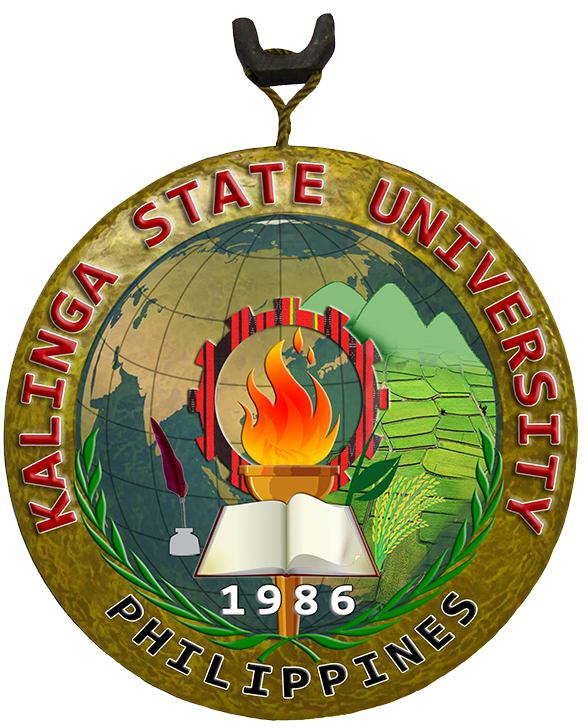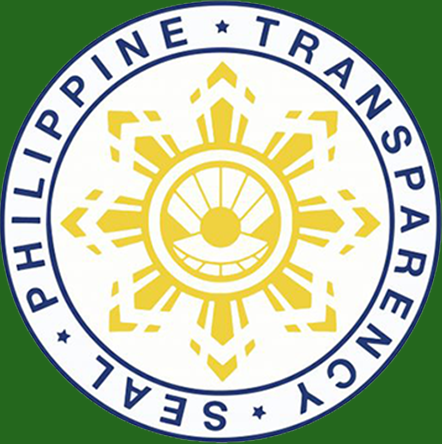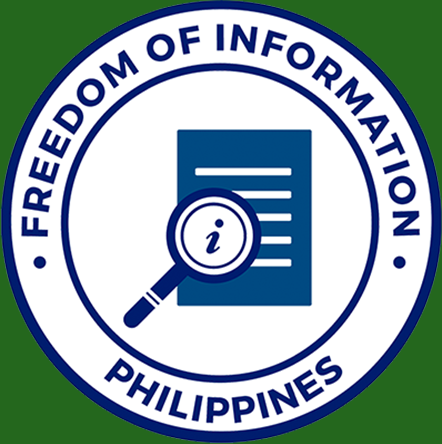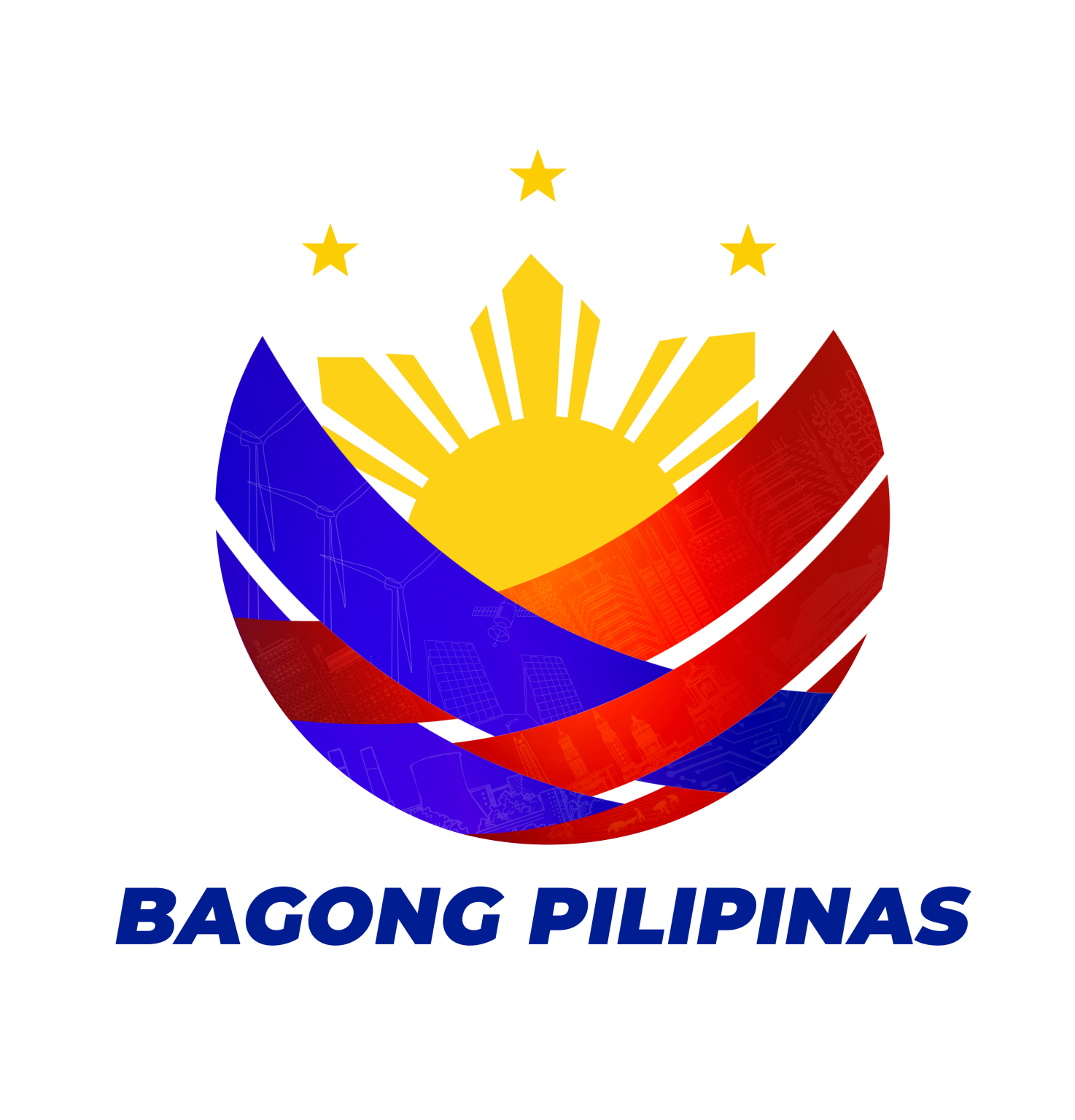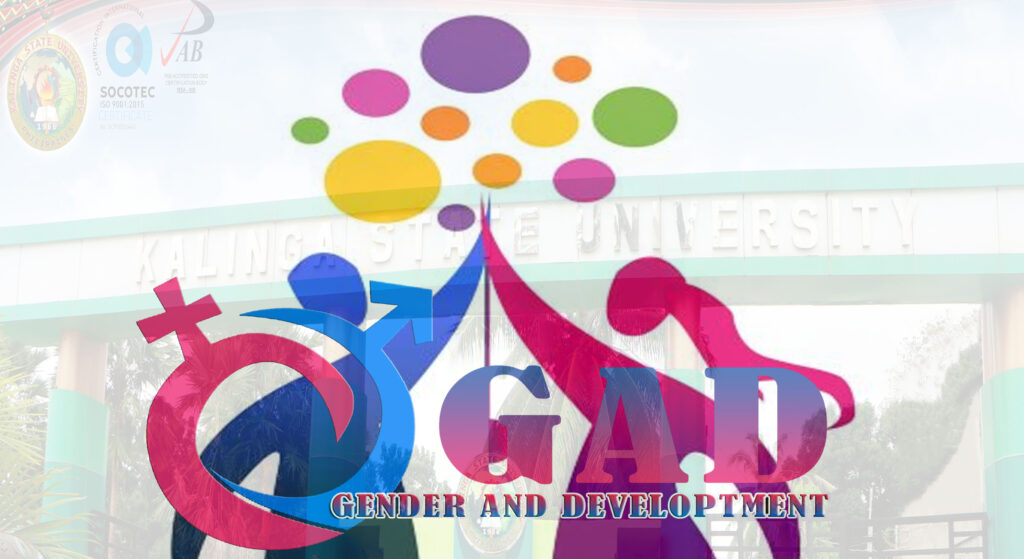
Gender and Development is a field of study and practice that focuses on addressing gender inequalities and promoting gender equality within the context of development initiatives. It emerged in response to the recognition that development efforts often overlook or exacerbate gender disparities, resulting in unequal access to resources, opportunities, and benefits for men and women.
Key objectives of Gender and Development include:
- Promoting Gender Equality: This involves challenging societal norms, attitudes, and structures that perpetuate gender inequalities. It aims to ensure that women and men have equal rights, opportunities, and access to resources in all spheres of life.
- Empowering Women: Gender and Development initiatives seek to empower women by enhancing their capabilities, agency, and participation in decision-making processes. This may involve providing education and skills training, promoting women’s leadership, and supporting women’s economic and political empowerment.
- Addressing Gender-Based Violence: Gender and Development efforts also focus on combating gender-based violence, including domestic violence, sexual harassment, and trafficking. This involves raising awareness, providing support services for survivors, and advocating for legal and policy reforms to prevent and address violence against women and girls.
- Mainstreaming Gender: Gender mainstreaming is the process of integrating gender perspectives and considerations into all stages of policy-making, planning, implementation, and evaluation of development programs and projects. This ensures that gender equality concerns are systematically addressed and that development interventions benefit both women and men.
- Collecting Gender-Disaggregated Data: Gender and Development initiatives emphasize the importance of collecting and analyzing sex-disaggregated data to better understand gender disparities, monitor progress towards gender equality, and inform evidence-based policies and interventions.
Gender and Development approaches are interdisciplinary, drawing on insights from fields such as economics, sociology, anthropology, political science, and feminist theory. They are implemented by a range of actors, including governments, international organizations, non-governmental organizations (NGOs), and grassroots movements, often in collaboration with each other and with local communities.
Overall, Gender and Development aims to transform power relations, promote social justice, and create more inclusive and equitable societies for all genders.
